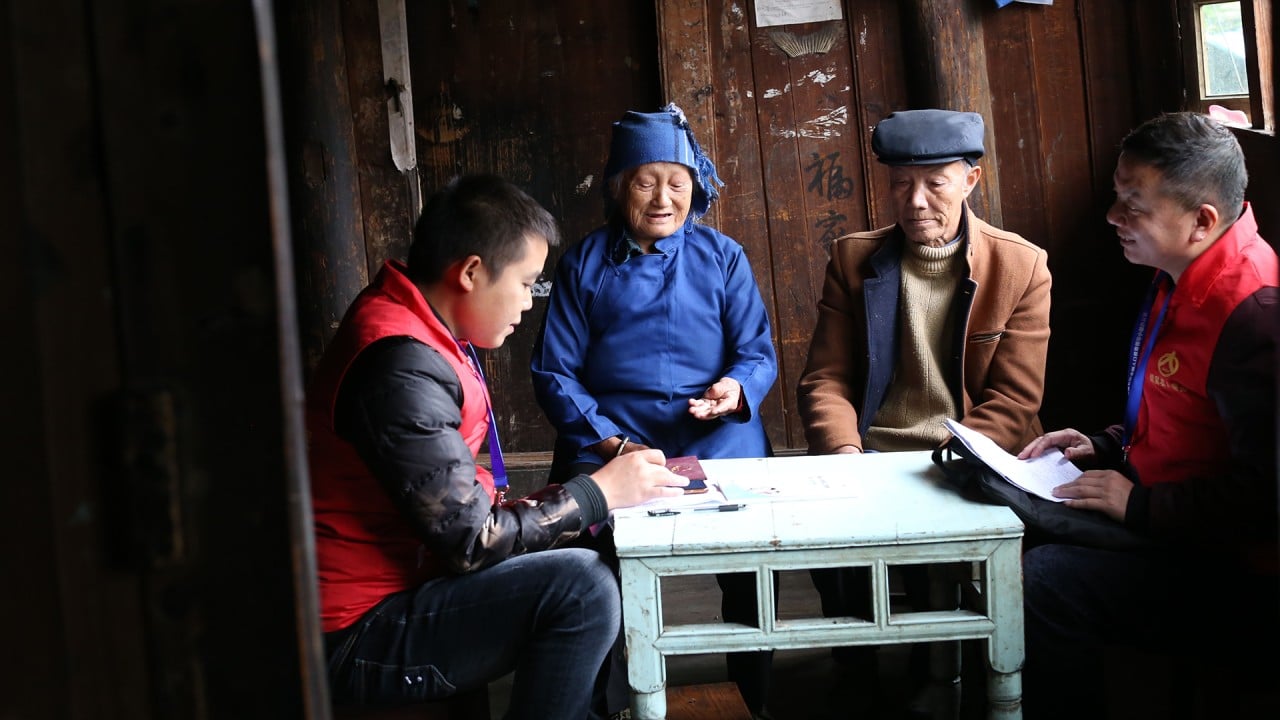China is relaxing its rules on household registrations
- The hukou system has been accused of creating two classes of people – urban and rural
- But it is now much easier for people to choose where they want to live and work

This is the fourth in a series of stories about China’s once-a-decade census conducted in 2020. The world’s most populous nation released its national demographic data on Tuesday, and the figures will have far-reaching social policy and economic implications.
When Liao Haoke graduated from South China University of Technology in Guangzhou last year, he did not think much about where he should register his residency.
Instead, he spent most of his time on career planning. In July, he took a job as a human resources executive at a state-owned company in Guangzhou, which paid him a decent salary and social insurance.
The hukou system, which used to limit people on where they could live and work, has become less rigid in recent years as cities compete for new talent.

10:42
China 2020 census records slowest population growth in decades